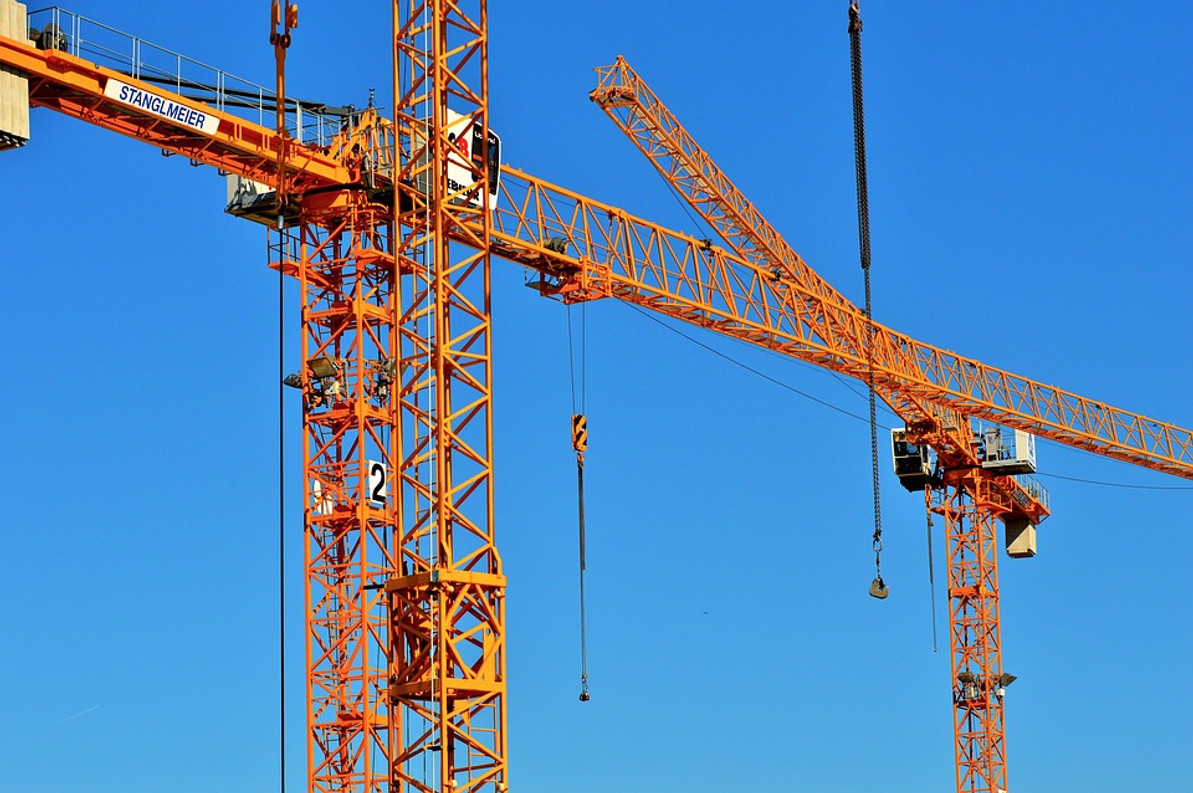OSHA Postpones Construction Crane Certification Requirements

The Occupational Safety and Health Administration (OSHA) has announced plans to delay its construction crane certification requirements by one year.
Cranes are often used to construct large buildings, but they don't come without a risk of serious injury or even death. According to OSHA's own statistics, roughly 71 fatalities are attributed to crane accidents every year. Many of these accidents can be avoided, however, through proper training -- and that's what OSHA hopes to accomplish with its new crane certification requirements.
OSHA has been working on the requirements for nearly seven years. It's Cranes and Derricks in Construction Standard lays out the safety requirements for crane operators. Within this rule is a requirement for certification via an accredited service, military experience, state or licensing board, or independent employer program. Additionally, employers must ensure that all crane operators are properly skilled and familiar with the respective crane's operations.
OSHA had originally planned for these requirements to take effect in November 2014. Like other safety rules, however, it was pushed back for several years, with a subsequent date of effect expected to take place in November 2017. It appears that OSHA is postponing the requirements even further, however. Due to unresolved issues, OSHA is placing a new date of effect on the crane certification requirements, aiming for November 2018.
So, why exactly did OSHA feel the need to push back the requirements for another year? Reports indicate that there are two specific reasons for OSHA's decision: first and foremost is that the standard required certification for both the type of crane and its capacity, meaning crane operators were forced to seek two different certifications instead of just one. Secondly, some experts voiced concern that certification alone isn't enough to indicate a worker's competency for operating a crane.
Because of these two reasons, OSHA is pushing back the compliance date for its construction crane certification requirements by another year. Of course, we'll likely see several new changes to the rule before it takes effect as well.
"Given the continued uncertainty among operators and employers regarding OSHA’s ultimate requirements for crane operator certification, NCCCO urges OSHA to act with all speed to ultimately issue its final rule well within the extension year on this vitally important safety issue, so that this matter may be resolved once and for all, for the benefit of industry as a whole,” Brent wrote.
Recent Posts
-
Fire Safety in the Workplace: What You Need to Know
What steps are you taking to prevent fires in your workplace? According to the U.S. Occupational Saf …Aug 23rd 2023 -
Is It Safe to Go Jogging With a Cold Infection?
If you're suffering from a cold infection, you might be wondering whether it's safe to go jogging. T …Aug 22nd 2023 -
5 Safety Tips to Follow When Using a Powder-Actuated Tool
Powder-actuated tools are commonly used to join materials to steel and concrete. Also known as Hilti …Aug 20th 2023




